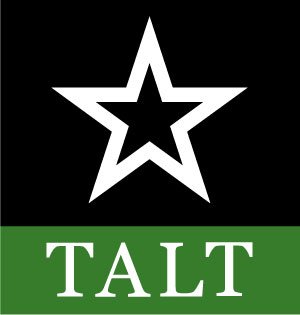Coming Home to Keep the Legacy Whole: W.O. Fischer Ranch | Comal County
For Leesa Brieger, protecting the W.O. Fischer Ranch was more than a conservation decision—it was a homecoming. After decades spent building a career in computational science that took her from California to Switzerland, Italy, and North Carolina, Brieger returned to Texas to live in the farmhouse her grandparents built and to finish what her mother started.
“My mother, Merle Fischer, spent years considering what would happen to this land in the future,” Brieger said. “She wanted it never to be carved up or lost to development. I feel like we finally made her vision real.”
The 265-acre W.O. Fischer Ranch lies along Fischer Store Road in northern Comal County, where the surrounding landscape tells the story of the Hill Country’s transformation. Once a tight-knit German farming community centered around the Fischer Store and Hall, the area has seen waves of growth pushing steadily north from San Antonio and south from Austin.
The land has been in Brieger’s family since the 1850s, when two Fischer brothers established adjoining homesteads. One founded the mercantile that became the heart of the community; the other built the ranch that remains in family hands today. Through droughts, the Depression, and generations of inheritance, the ranch endured.
Brieger’s grandparents, W.O. and Alma Fischer, raised their family in the farmhouse she now calls home. “When I was a child growing up near Houston, spending summers here felt magical,” she recalled. “There were goats, hills, and rocks—so different from the flat coastal plain. It was the place that shaped us.”
Her mother carried that connection forward. In 1994, Merle Fischer created a family partnership, Merle J. Fischer Ltd., to hold the land intact for future generations. Long before conservation easements were common in Texas, she was searching for a way to keep the property from being divided again.
Years later, Brieger and her sister Lucianne picked up that thread. After several prior applications for partial funding to place the ranch under easement with other land trusts, they learned about the Texas Agricultural Land Trust (TALT) through Comal Conservation, a local nonprofit dedicated to conservation in Comal County where Brieger served on the board. The sisters found in TALT an approach that resonated.
“When I spoke with Chad Ellis, I thought, this is the person my cousins need to hear,” Brieger said. These cousins are the majority landowners along Fischer Store Road in Fischer and have a similar interest in honoring the Fischer family legacy. “He speaks the language of the landowners. TALT is about keeping the land productive and respecting the people who steward it. That’s what made it resonate.”
With support from a private foundation grant, TALT completed a purchased conservation easement on the W.O. Fischer Ranch in 2025. The family contributed a charitable donation covering three-quarters of the easement’s value to make the transaction possible. The agreement ensures the land will remain intact and available for agricultural use, protecting more than 7,500 feet of tributaries that feed Carpers Creek in the Lower Blanco River watershed.
For Brieger, the closing brought profound relief. “I just kept thinking, thank God,” she said. “This land won’t turn into another subdivision. My grandparents’ work, my mother’s foresight—it all lives on here.”
Today she continues to steward the ranch’s rolling grasslands and oak-juniper woods much as her grandfather once did, maintaining cattle and wildlife habitat, even while watching nearby growth creep closer. For W.O. Fischer, working the land was an act of survival; for his granddaughter, it is tradition. Her sister, an organic farmer in Montana, has followed a similar calling, recently completing a conservation easement there.
“Something about this place represents adventure, struggle, stewardship, and commitment,” Brieger said. “The early Fischer families worked hard to survive here and build a thriving little community that even the Depression did not completely eradicate. Protecting this place feels like a way to honor that history and that determination so their stories don't just get paved over.”













